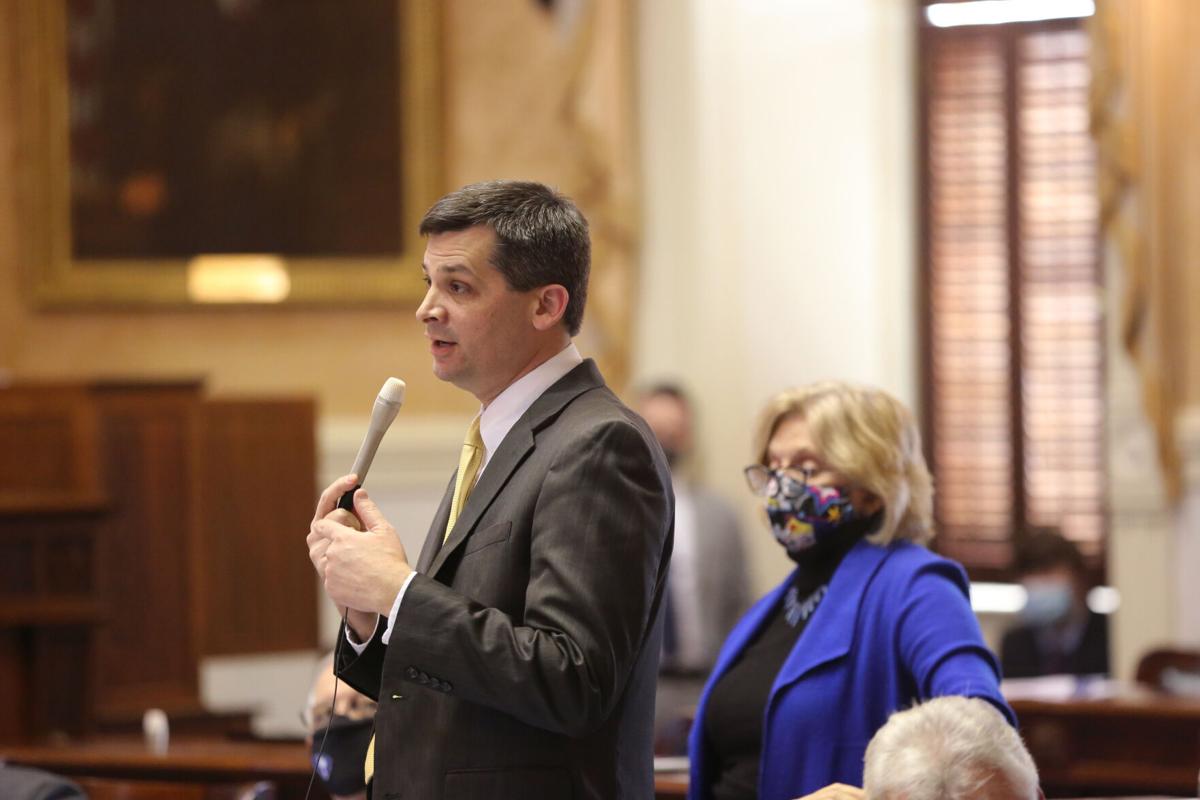The COVID-19 pandemic has commanded our time, attention and varying measures of sacrifice for nearly a year. Businesses have closed or scaled back. We have been unable to visit loved ones in nursing homes. Many churches still are not meeting in person. People have lost jobs. Since March, there have been more than 842,000 unemployment claims in South Carolina. Nearly 130,000 continue to receive benefits. And, most tragic of all, too many people have died.
In the midst of all of this, it is easy to overlook those who have suffered perhaps the biggest blow: our children.
Despite our teachers’ best efforts, the 2019-20 academic year effectively ended nine weeks early when schools closed in March. Students did not see a classroom for more than five months, and the consequences were dire. In that five-month absence, students fell behind by a full year in math and lost more than six months of literacy skills.
Teachers are working harder than ever to make up for lost instruction time. Those efforts have allowed many students to regain ground, but too many children have made little or no progress. And there’s a clear reason for the difference between the children who are progressing and the ones who are not: in-person classroom time with their teachers.
There are tens of thousands of South Carolina children who have not been in a classroom in 11 months. Today, roughly half of our schools are fully remote or operate on a hybrid schedule.
That has to change. We have to get kids back in school, in front of their teachers, five days per week.
So why aren’t all schools open?
One reason is fear. Many school employees are concerned about catching or spreading the virus through daily interactions with hundreds of children and adults. That fear is especially prevalent in high-poverty areas where the virus has been more aggressive — and deadly — in its attack on our minority communities.
But the reality is that schools have proven to be remarkably safe. DHEC’s chief epidemiologist, Dr. Linda Bell, repeatedly has said there is little evidence of virus spread in our schools. Studies from MUSC and the CDC have confirmed those conclusions.
Schools have proven to be safer than the community because they have received millions of dollars for daily cleaning and sanitizing. Schools have purchased plexiglass dividers to separate students, and they require students to distance more than normal. They also make students and teachers wear masks.
But there’s another significant reason for school safety: quarantines. DHEC requires teachers and staff to quarantine after close contact with someone who has COVID. That aggressive quarantine process helps keep the virus out of schools, but it also keeps teachers out of classrooms for up to two weeks and makes it difficult to staff schools. Schools have little choice but to go remote or offer only hybrid instruction.
Too many students are on the verge of losing the school year. Those students are already behind. They were behind before COVID. Not being in the classroom five days per week has put them further behind. Historical evidence is clear that many students, especially those in elementary school, will not recover if they get too far behind in reading and math. We have to get them in the classroom as soon as possible. And the only realistic way to do that is to offer the vaccine to teachers now.
On Tuesday, the Senate unanimously passed legislation to speed up teacher vaccinations. It also requires every school to offer five-day, in-person instruction after spring break. That would put students in classrooms for at least six weeks and give teachers time to better prepare students for the next school year.
Gov. Henry McMaster claims the Senate’s action would jeopardize seniors. That’s a ridiculous scare tactic. In fact, 25 states and Washington have already begun vaccinating teachers. South Carolina should too.
We can protect seniors and vaccinate teachers. We can give our children a chance. But it requires leadership and a commitment to make government work for its citizens. The Senate stepped up. I hope the House of Representatives and the governor will step up as well.
Sen. Shane Massey, an Edgefield attorney, is the S.C. Senate Republican leader.
View the article here!
